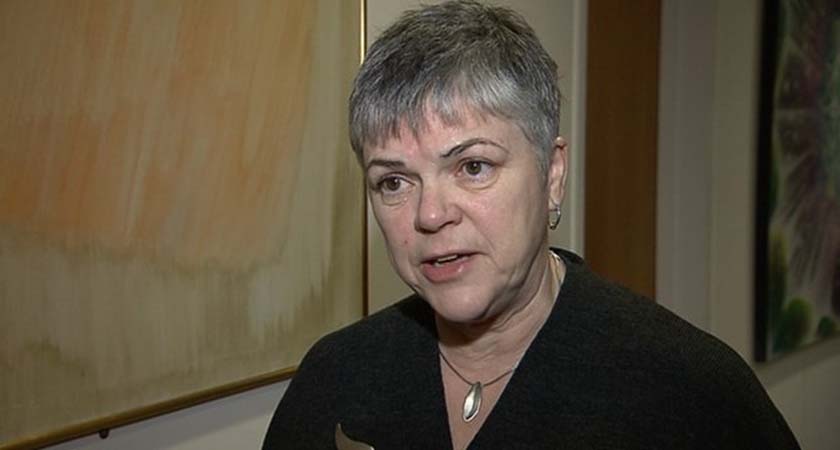A CAMPAIGNER for British-based Irish survivors of industrial abuse says Caranua, the body set up to help them, is failing survivors in the UK.
Simon McCarthy, a support worker for victims in the Midlands, says Caranua has failed to “address the overwhelming disparity" between Irish-based and Britain-based victims.
Caranua (which means'new friend' in Irish) was set up in January 2014 to give out financial compensation from the Residential Institutions Statutory Fund to victims who suffered physical, emotional and sexual abuse while in the care of industrial schools and reformatories as children.
Within its first month of opening, Caranua received over 1000 applications from survivors to the fund.
To date, over 3097 people have been awarded financially from the fund, 604 of which are based in Britain.
If you weren’t connected to an Irish community, there’s no obvious way of finding out about the fund
“That’s 80 per cent of grants from the fund awarded so far are to Irish based survivors compared to the 20 per cent awarded to British-based survivors,” Mr McCarthy says.
“It’s a failure on Caranua not to address the overwhelming disparity to find out about the fund in Britain. If you weren’t connected to an Irish community, there’s no obvious way of finding out...” Mr McCarthy said.
Mr McCarthy estimates that as many as 3,000 survivors in Britain are without a network who have no “obvious way of finding out about the fund.”
He suggests a national advertising campaign to let survivors know about the fund.
“You can see by the numbers there’s an obvious problem with accessing the fund,” he says, “It’s fundamentally about knowledge of the fund, I don’t think they [survivors] know it exists."
Caranua CEO Mary Higgins told The Irish Post that legislation, their temporary status as a state body and an overwhelming number of applications are all reasons that Caranua has not reached many British-based Irish survivors.
“Under our legislation, we are not allowed contact survivors who have not made contact with us directly. We are entirely dependent on word of mouth and awareness raising and publicity to get people to know about us and make contact with us.”
We’re set up to manage a fund that is obviously limited, and when the fund is gone, we’ll be gone.
“In England, there are organisations set up to support survivors and we depend on working with them, as they work with survivors who are vulnerable and find it difficult to make an application.”
As to whether Caranua will ever set up a permanent address in Britain to meet with survivors here, Ms Higgins said they are a temporary organisation and it would not be a good use of the fund "to expend resources to set up structures."
“It’s much better for us to work through existing structures,” Ms Higgins says.
"We’re set up to manage a fund that is obviously limited and when the fund is gone, we’ll be gone,” she said.
 Mary Higgins, CEO of Caranua, says that "it would not be a good use of the fund" to set up a permanent base in Britain. (Source: RTE)
Mary Higgins, CEO of Caranua, says that "it would not be a good use of the fund" to set up a permanent base in Britain. (Source: RTE)Ms Higgins also addressed the waiting times some applicants have experienced and put it down to the initial staff shortages.
“We haven’t, quite honestly, been able to cope with the level of applications we received. It’s only in recent months that they have got down to a level we can manage.
"We spent nearly two years being under-resourced with staff and not being able to deal with applications that came in, obviously this was not efficient."
Caranua is set to review its relationship and integration with British-based Irish survivors in October 2016.

